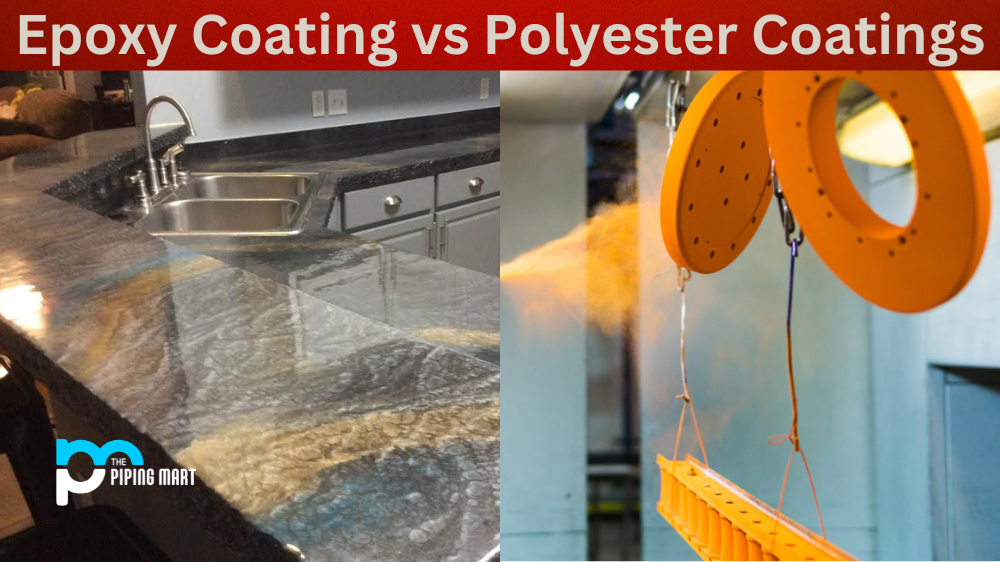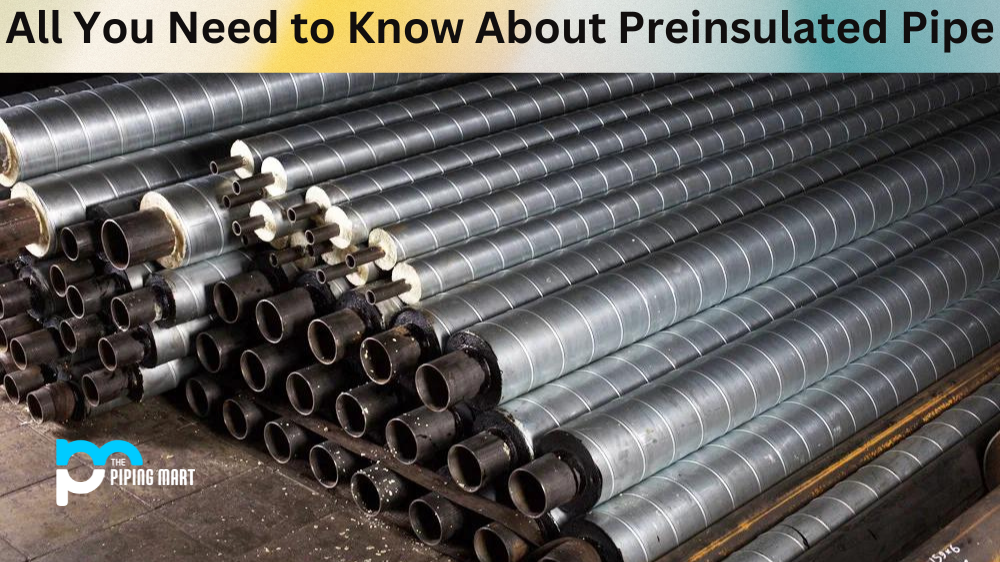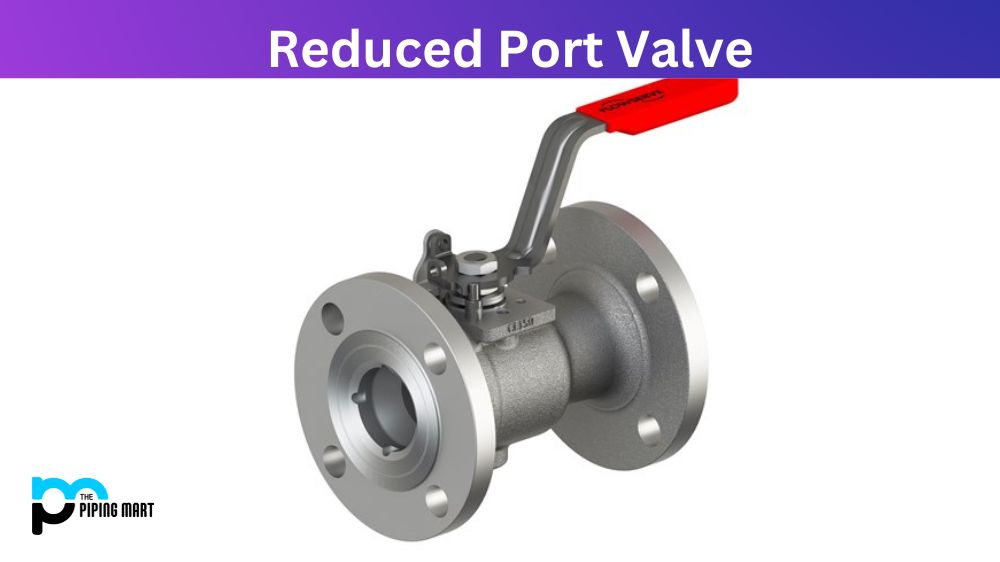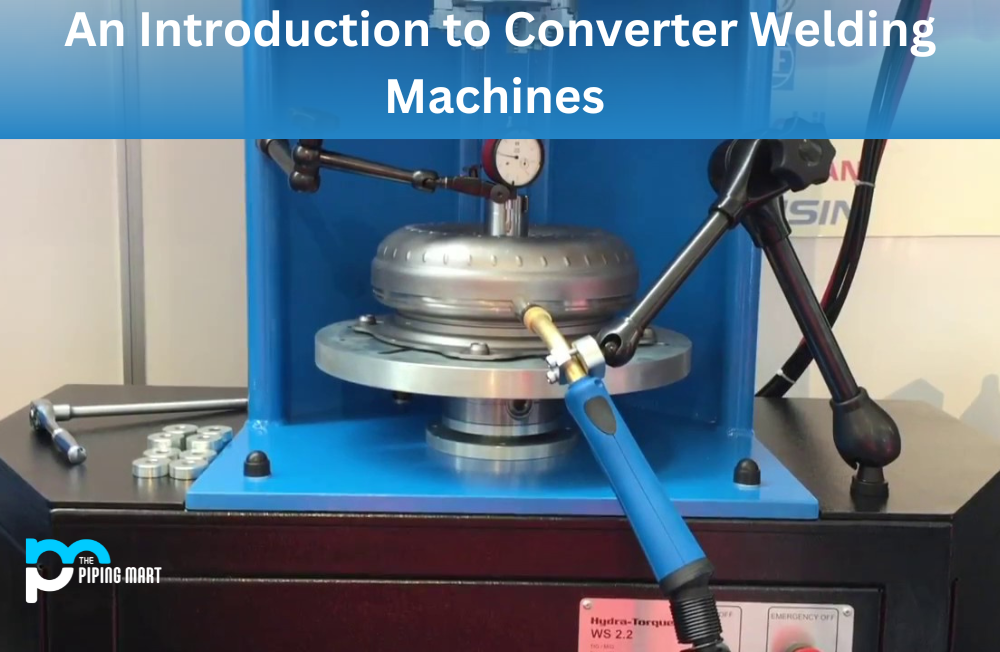When it comes to coating projects, epoxy and polyester coatings are two of the most popular options. But what sets them apart from each other? Let’s take a look at the pros and cons of each type of coating to help you decide which one is best for your project.
Epoxy Coating
Epoxy coatings are two-part mixtures that harden when mixed together. They offer several advantages over other coatings, including excellent adhesion properties and chemical resistance. Additionally, epoxies are often used in high-traffic areas because they can stand up to wear and tear better than many other coatings. On the downside, epoxies may require more time for installation since they usually need to be applied in multiple layers. Furthermore, they can crack if subjected to extreme temperatures or impacts.
Polyester Coating
Polyester coatings are typically made with either polyethene terephthalate (PET) or polycarbonate (PC). These types of coatings tend to be less expensive than epoxies and require fewer applications due to their thicker viscosity. In addition, polyester coatings provide superior UV protection and can withstand extreme temperatures without cracking or chipping. On the downside, these types of coatings do not have as much adhesion as epoxies and may not be suitable for use in high-traffic areas. Furthermore, they are not as resistant to chemicals as epoxies are.
Difference Between Epoxy Coating and Polyester Coating
By now, you should have a better understanding of the differences between epoxy and polyester coating options so that you can make an informed decision on which one is best for your project needs.
Epoxy coatings are more durable than polyester coatings.
Epoxy coatings are made from a combination of resin and hardener, which makes them more durable than polyester coatings. Epoxy coatings can withstand high temperatures and are resistant to chemicals, making them ideal for use in industrial and commercial settings.
Polyester coatings are less expensive than epoxy coatings.
Polyester coatings are made from a combination of resin and catalyst, which makes them less expensive than epoxy coatings. Polyester coatings are also less likely to yellow over time, making them a good choice for use in residential settings.
Epoxy coatings can be applied to a variety of surfaces.
Epoxy coatings can be applied to concrete, metal, wood, and fibreglass surfaces. This makes them ideal for use in a variety of settings, both indoors and outdoors.
Polyester coatings can be applied to a variety of surfaces.
Polyester coatings can be applied to concrete, metal, wood, and fibreglass surfaces. This makes them ideal for use in a variety of settings, both indoors and outdoors.
Epoxy coatings cure quickly.
Epoxy coatings typically cure within 24 hours, while polyester coatings can take up to 72 hours to cure fully. This makes epoxy coatings a good choice for applications where a quick turnaround time is required.
Polyester coatings cure slowly.
Polyester coatings typically take up to 72 hours to cure fully, while epoxy coatings can cure within 24 hours. This makes polyester coatings a good choice for applications where a slow curing time is desired.
Conclusion:
In conclusion, epoxy and polyester coating options offer advantages depending on your project requirements. For instance, if you plan on using it in a high-traffic area where wear-and-tear is likely, then an epoxy coating may be the best choice for you due to its superior durability and adhesion properties compared to polyesters. On the other hand, if you need superior UV protection or want something that won’t break down easily under extreme conditions, then a polyester coating would be more suitable for your needs. Regardless of which option you choose, it is important that you understand how these two types of coatings differ so that you can make an informed decision about which type is right for your project needs!

Abhishek is a seasoned blogger and industry expert, sharing his insights and knowledge on various topics. With his research, Abhishek offers valuable insights and tips for professionals and enthusiasts. Follow him for expert advice on the latest trends and developments in the metal industry.




